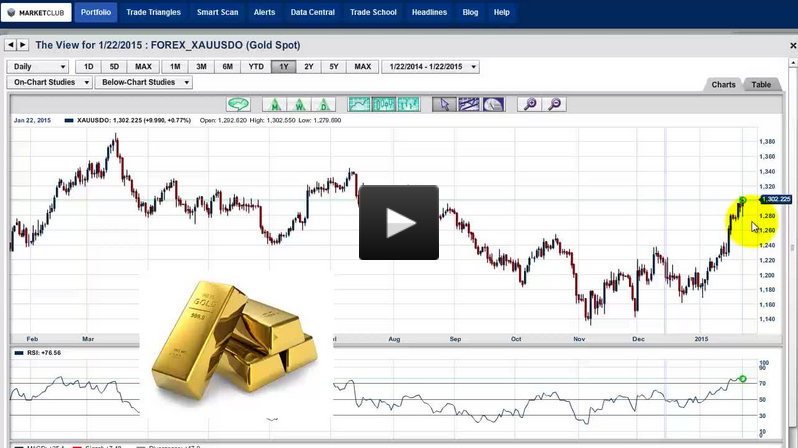Hello everyone and happy Cinco de Mayo.
Let's start with Greece. It is an ongoing disaster that nobody wants to face, especially the bankers who may have to take a 50% haircut on their loans, that's if they're lucky. I think it was Citibank's former chairman, Walter Wriston, that said, "Countries don't go bankrupt." Welcome to the real world Walter. Greece is going to default or there is going to be a revolution in the country.
That leads us to the Federal Reserve. I'm not sure they fully understand and know what they're doing. I think this grand experiment of quantitative easing has gotten way out of hand. In hindsight, it looks like the Fed got the country into something that we didn't have a plan to get out of. The answer to this conundrum was always down the line and some time in the future. The Fed has had over six years to figure this out and there is still no plan to get out of it. "More data" is another way for the Fed to say, "we don’t know!" Ben Bernanke is gone and now has a new job with a hedge fund and Janet Yellen, the new Fed chairwoman, is another disciple from the same school of thought that Ben came from. So, what do you think? Do you think the Fed has any idea what it's doing? Continue reading "There Is Not Much Difference Between The Fed And Greece"




